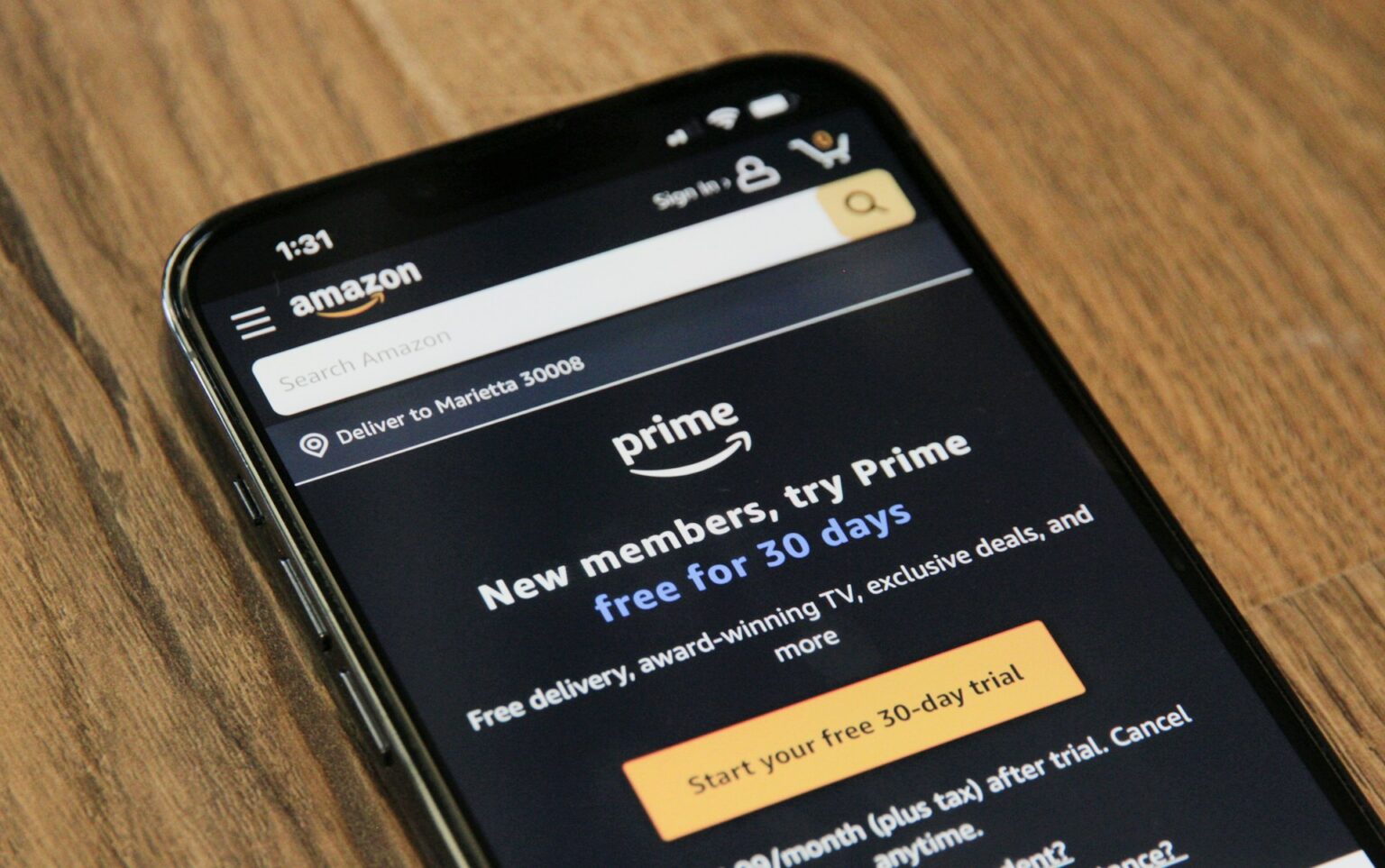Amazon has entered a closely watched courtroom battle with the U.S. Federal Trade Commission (FTC), which accuses the tech giant of deceiving customers into enrolling in and maintaining costly Prime memberships. The trial, filed in June 2023 under the Biden administration, began this week in federal court in Seattle, near Amazon’s headquarters. Jury selection commenced Monday, with opening statements scheduled for Tuesday. Proceedings are expected to last about a month, CNBC reported.
The FTC alleges that Amazon used deceptive “dark patterns” to enroll tens of millions of consumers in its $139-per-year Prime subscription without their informed consent, and then deliberately designed a burdensome cancellation process. Amazon has denied wrongdoing, maintaining that its practices are clear, transparent, and consumer-friendly.
Launched in 2005, Amazon Prime has become one of the world’s most successful subscription programs, boasting over 200 million members globally. The service provides free shipping, streaming access, and other benefits, while also generating billions in revenue and boosting customer loyalty. Former CEO Jeff Bezos once described Prime as “such a good value, you’d be irresponsible not to be a member.”
FTC Allegations
In court filings, the FTC accused Amazon of misleading customers during checkout with buttons that completed purchases but also enrolled users in recurring Prime subscriptions without adequate disclosure. The agency claims Amazon ignored internal warnings about this practice, with employees describing it as an “unspoken cancer” because greater transparency could reduce subscriber numbers.
The FTC also criticized Amazon’s cancellation system, which forces users through four webpages and up to 15 choices — a design internally dubbed “Iliad,” after Homer’s epic poem. Regulators argue this was an intentional barrier to prevent cancellations.
Amazon’s Defense
Amazon has countered that its enrollment and cancellation flows are straightforward and lawful. In a filing, the company acknowledged occasional customer confusion but argued that isolated frustrations do not amount to systemic violations. “The bottom line is that neither Amazon nor the individual defendants did anything wrong,” spokesperson Maxine Tagay said in a statement. “We remain confident that the facts will show these executives acted properly and we always put customers first.”
Early Rulings and Key Defendants
The FTC scored an early win when U.S. District Judge John Chun found Amazon had violated the Restore Online Shoppers’ Confidence Act by collecting billing details before disclosing Prime’s terms. Chun further ruled that two senior executives — Jamil Ghani, head of Prime, and Neil Lindsay, now a senior vice president in Amazon’s health division — could be held personally liable depending on the jury’s verdict.
A third executive, Russell Grandinetti, was also named in the complaint, though Chun noted his more limited involvement in Prime’s operations. Separately, the judge reprimanded Amazon’s lawyers for withholding thousands of documents, including a 2020 email in which retail chief Doug Herrington referred to subscription-driving practices as “shady” and described Bezos as “chief dark arts officer.”
A Broader Crackdown on Dark Patterns
The case underscores the FTC’s escalating focus on “dark patterns” — deceptive digital design tactics that nudge consumers into purchases or data-sharing. Since 2022, the agency has launched multiple enforcement actions in this area. In April, it sued Uber over similar practices tied to its Uber One subscription. Earlier this year, Match Group and Chegg reached settlements over subscription-related disputes.
Amazon also faces a separate FTC lawsuit alleging monopolistic practices, scheduled to go to trial in February 2027.
For now, the Prime membership trial represents a major test of regulatory power over one of the world’s largest companies and the online sales tactics that underpin its success.
